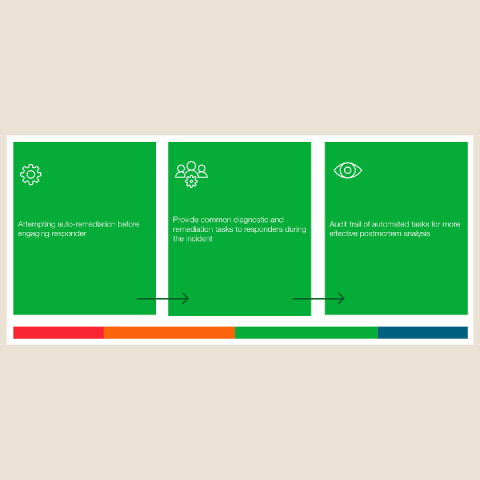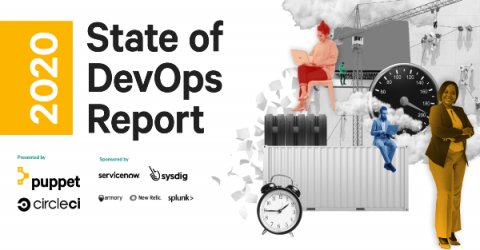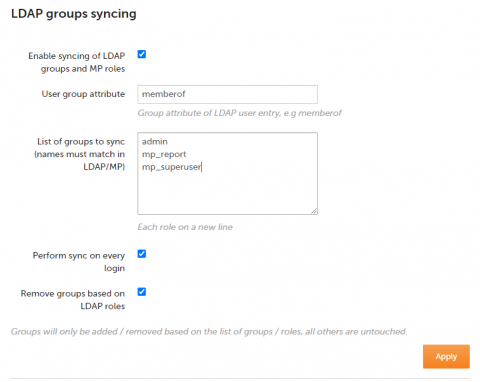Operations | Monitoring | ITSM | DevOps | Cloud
Automation
Running Operations Is Hard. PagerDuty + Rundeck Are Here to Help
Rundeck has now joined forces with PagerDuty. What pulled us together? Our shared vision for improving the work lives of those who run modern digital services. As a co-founder of Rundeck, I’d like to provide my perspective on why Rundeck becoming part of the PagerDuty family is a perfect fit for our collective user communities. No matter if you are on a “you build it, you run it” DevOps team or part of a centralized Ops team—operations work has always been difficult.
2020 State of DevOps Report Finds Link Between Self-Service Platforms and DevOps Success
2020 State of DevOps Report is here!
With only 49 days before this very long year comes to an end, we’re thrilled to announce the 2020 State of DevOps Report is finally here. We’re in our ninth year producing the State of DevOps Report; at this point, more than 35,000 technical professionals from around the world have contributed to this body of research, the longest-running and most widely referenced DevOps research in the industry.
Puppet Enterprise Fall release builds on added customer value
I’m excited to announce the release of Puppet Enterprise 2019.8.3. This release builds on a number of important product enhancements based on customer feedback and delivers on the second phase of our highly requested Value Dashboard.
Enabling faster Puppet Enterprise code deploys
The 2019.8.2 release of Puppet Enterprise has added a significant improvement to code deployment by enabling Puppet modules to be downloaded in parallel instead of serially. This functionality was added to the upstream r10k project almost a year ago and has now been added to Puppet Enterprise Code Manager.
Scheduling Puppet Plans in Puppet Enterprise
Puppet Plans were added in the 2019.2 release of Puppet Enterprise and Puppet Enterprise 2019.8.2 extends that functionality by adding support for scheduling Puppet Plans. This enables plans to be run at some point in the future or on a recurring schedule. Plans can be scheduled using the Puppet Enterprise console, Puppet Enterprise command line, or the Puppet Enterprise REST API. In this blog post we’ll walk through how to schedule a Puppet Plan in the Puppet Enterprise console.
Puppet's path to IPO and welcome to our new board members
We’ve had an exciting year here at Puppet, and although it’s not the year we could have expected, I’m encouraged and inspired every day by the resilience of our team, our commitment to each other, and our drive to help customers navigate through so much uncertainty and change.
CFEngine 3.12.6 and 3.15.3 released
We are pleased to announce two new patch releases for CFEngine, version 3.12.6 and 3.15.3! These releases mainly contain bug fixes and dependency updates, but in 3.15.3 there are also some new enhancements in Mission Portal. The new cf-secret binary is also included in 3.15.3 packages.
Automation: The Key to Modern IT
Automation is everywhere in our day-to-day IT practices. Many of the processes that have been created for managing hardware and software components were designed, or at least initiated, in a time when managing only a few instances of an application was the norm. When we look at the work required to create, deploy, and maintain applications at a modern scale, the shortcomings of these processes become apparent.










